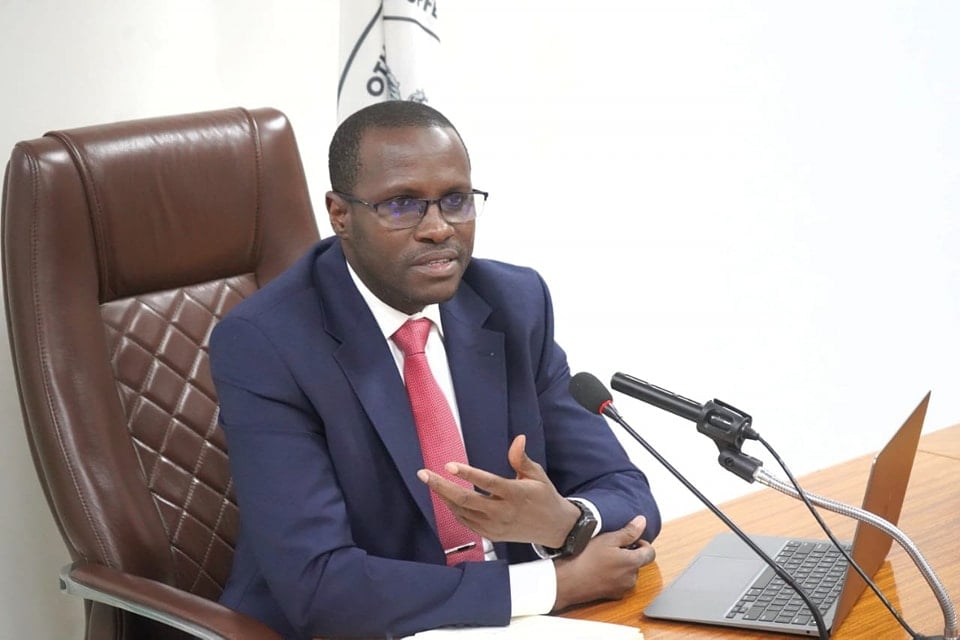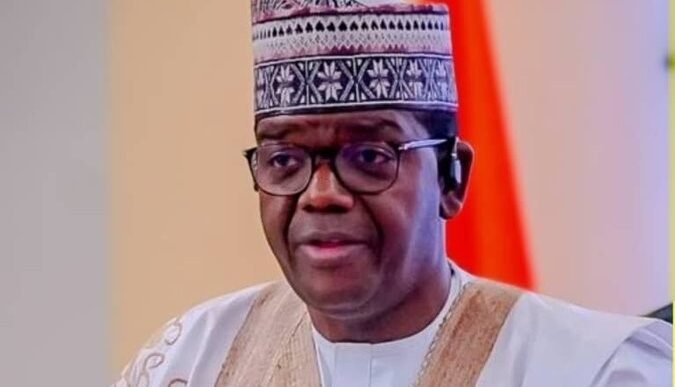Musa Aliyu, ICPC chairman
Musa Aliyu, chairman of the Independent Corrupt Practices and Other Related Offences Commission (ICPC), says cybercrime, corruption, and illicit financial flows drain $80 billion from Africa annually.
Aliyu spoke on Thursday while giving a keynote address at the Realnews 13th anniversary lecture series in Lagos on Thursday, themed “Cybersecurity, illicit financial flows and achieving agenda 2063 in Africa.”
The ICPC chairman warned that Aliyu said Africa’s developmental aspirations, including the African Union’s Agenda 2063, will remain out of reach unless governments urgently strengthen cybersecurity, modernise regulations and plug financial leakages.
Aliyu said the African situation of classrooms without teachers, hospitals without equipment, and roads left unbuilt happened because of the scourge of cybercrime, corruption, and illicit financial flows, which see over $80 billion syphoned out of Africa every year.
Advertisement
“Africa’s developmental ambitions, including the African Union’s Agenda 2063, would remain unattainable unless governments take decisive action to strengthen cybersecurity, modernise regulatory frameworks, and close the loopholes that enable massive illicit outflows,” he said.
He expressed concern that the digital age had also created new pathways for corruption and criminal innovation.
The ICPC chairman said in one investigation, ICPC uncovered falsified expense claims by a multinational company operating in Nigeria; the funds, he said, “could fully rehabilitate at least 10 teaching hospitals”.
Advertisement
“Every naira stolen is a classroom not built, a road abandoned, a hospital unequipped, and a generation short-changed,” he added.
He said cyber-enabled crimes such as business email compromise, ransomware attacks, mobile money fraud, and crypto laundering are now major drivers of illicit financial flows.
He said ICPC had responded by establishing a cybercrime and digital forensics unit, enhancing blockchain tracing capabilities, strengthening collaboration with the NFIU and financial institutions, and deepening engagements with global anti-corruption partners.
He acknowledged that in spite of these efforts, “criminal networks remain faster, richer, and more technologically agile than government agencies,” owing to limited resources, weak coordination, and jurisdictional challenges.
Advertisement
Aliyu urged African governments to treat cybersecurity as a core development priority and adopt a six-pillar strategy anchored on stronger laws, institutional capacity, secure digital infrastructure, global cooperation, financial transparency, and active citizen engagement.
He warned that “the Africa we want is within reach, but only if we secure our digital space,” adding that Agenda 2063 will remain out of reach if cyber-enabled corruption continues unchecked.










